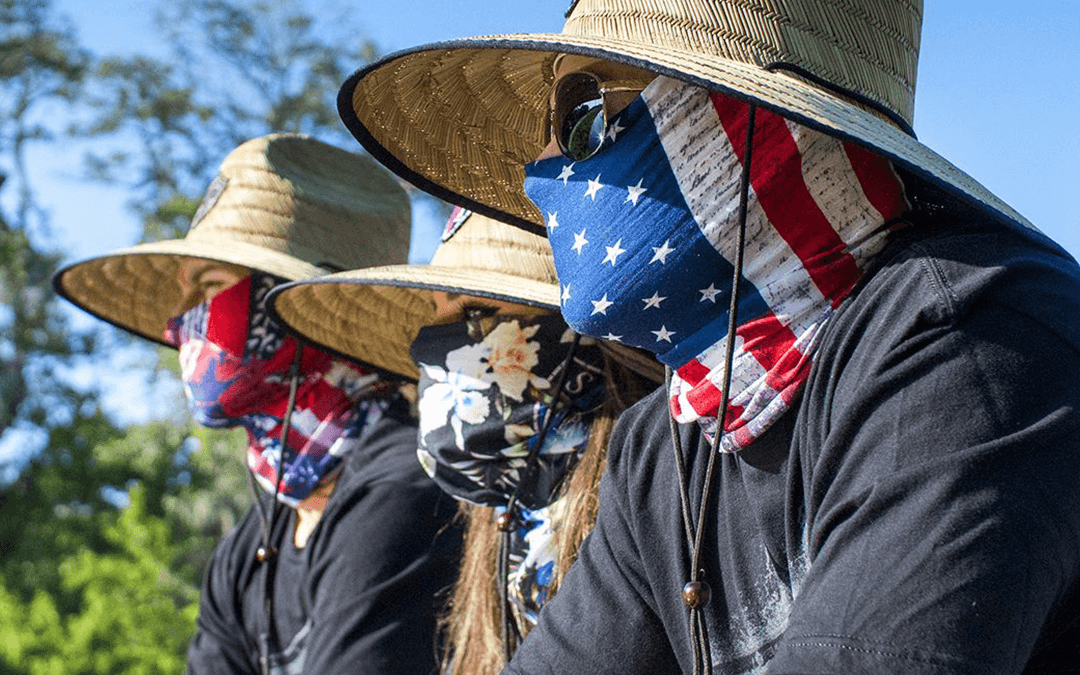
by Eric Price | Jun 24, 2020 | COVID, Featured, Front Page, MNPL, Row 2, Safety, Uncategorized
Image via Pinterest The governors of California and Texas, two big states with major airline hubs in them, say residents need to start wearing masks and taking COVID-19 seriously, or the states might be forced to shut back down. Pre-pandemic, an estimated 143.6...

by Eric Price | Jun 16, 2020 | Community Service, Community Service Page, Front Page, MNPL, Row 2, Uncategorized
The IAM is supporting recommendations issued by the AFL-CIO’s general board to take concrete action to address America’s long history of racism. The board approved the recommendations after emergency meetings of the AFL-CIO Committees on Civil and Human Rights and the...
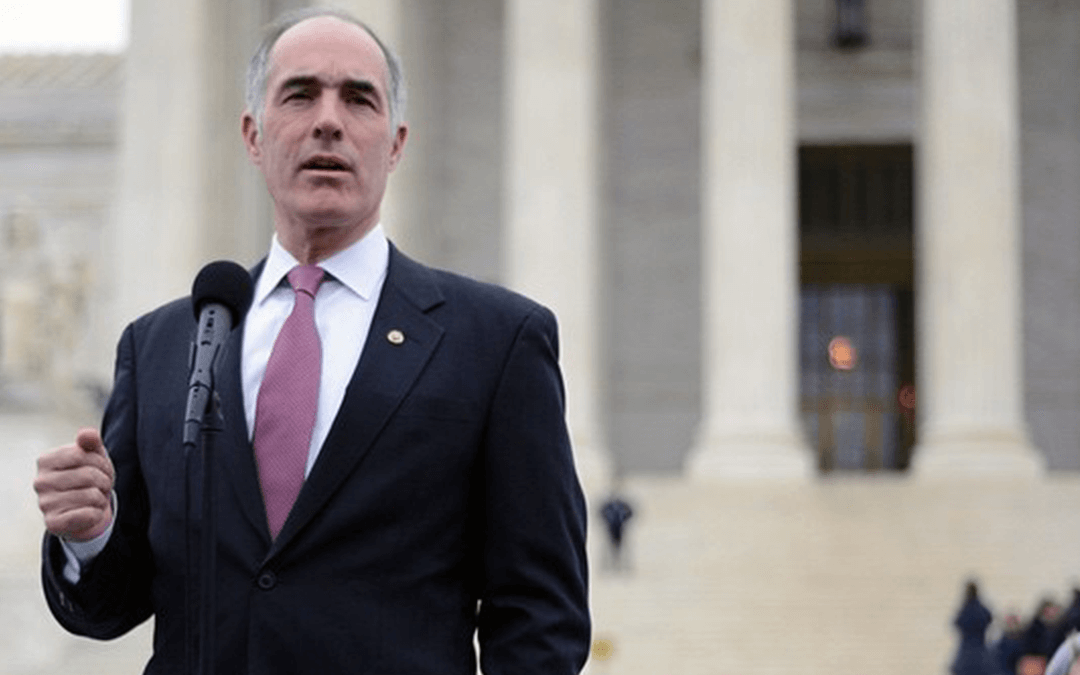
by Eric Price | Jun 10, 2020 | American, COVID, Front Page, Hawaiian, MNPL, Organizing, Philippine, Spirit, Uncategorized, United
Senator Casey: “Reducing workers’ hours without their consent reduces workers’ paychecks in the same way that reducing workers’ rate of pay would.” This week, Senator Bob Casey (D-PA) called on Treasury Secretary Steve Mnuchin to issue clear guidance to...
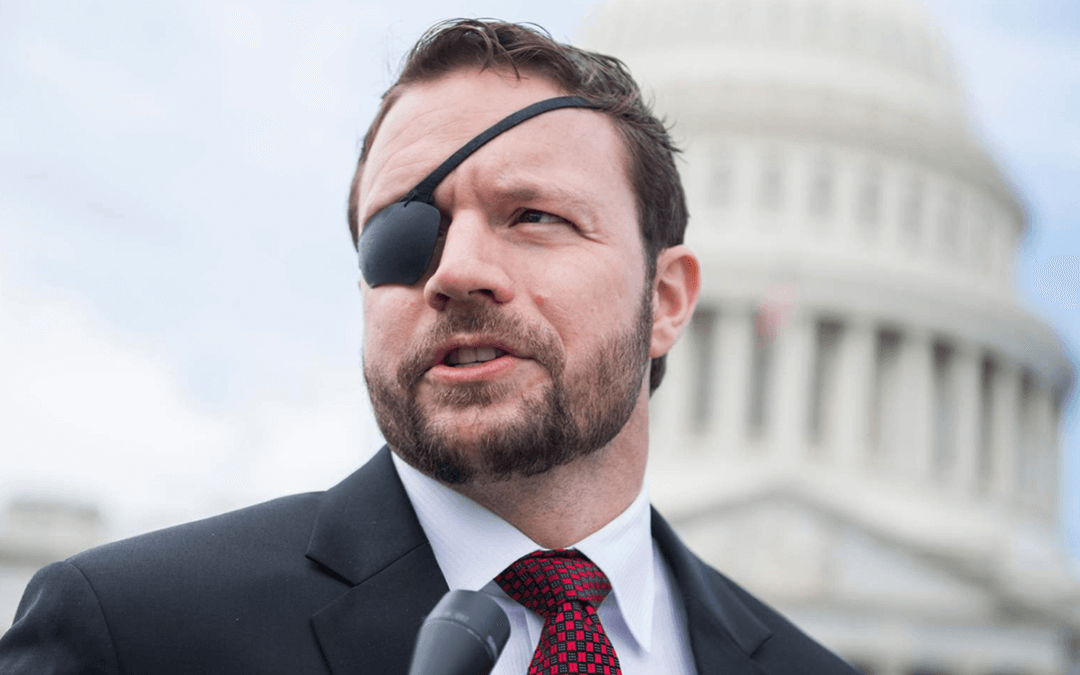
by Eric Price | Jun 3, 2020 | COVID, Featured News, Front Page, Home, Home, MNPL, Row 2, United
/// En Español Another lawmaker has voiced support for the unionized ramp and customer service agents at United Airlines as they continue to push back against proposed furloughs at the airline. This week, Congressman Dan Crenshaw (R-Tx), issued a statement calling on...
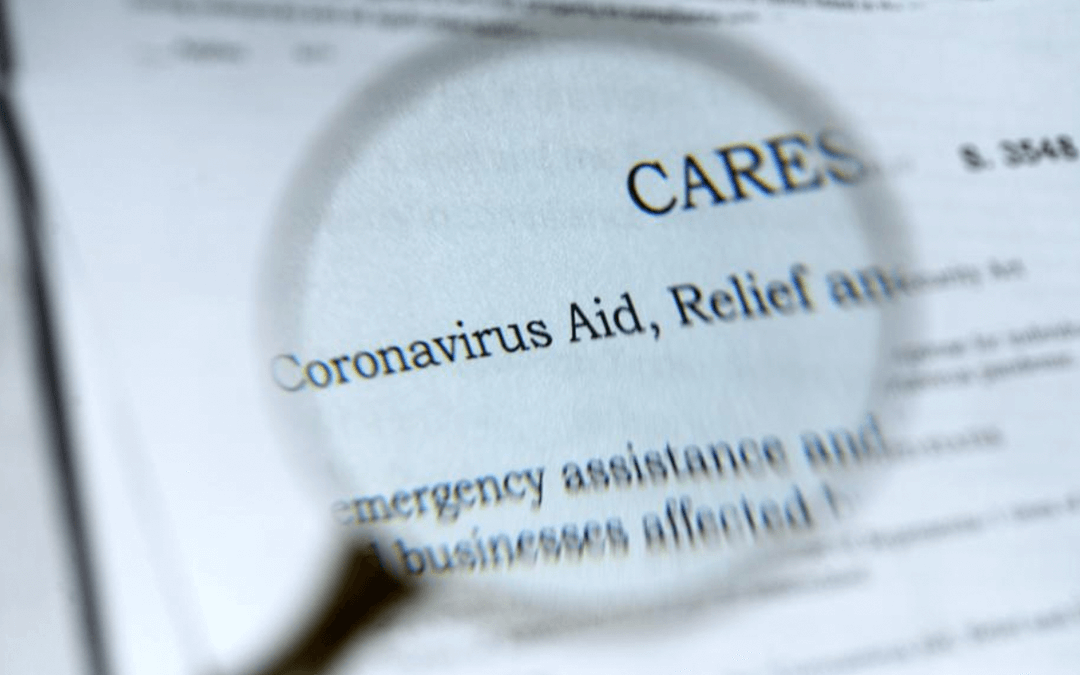
by Eric Price | May 31, 2020 | Front Page, MNPL, Uncategorized
Congress demands better accountability from the Treasury Department in the administration of airline relief funds from the $2 Trillion CARES Act. On May 1st, federal lawmakers began receiving emails and calls from airline employees following United Airlines’...
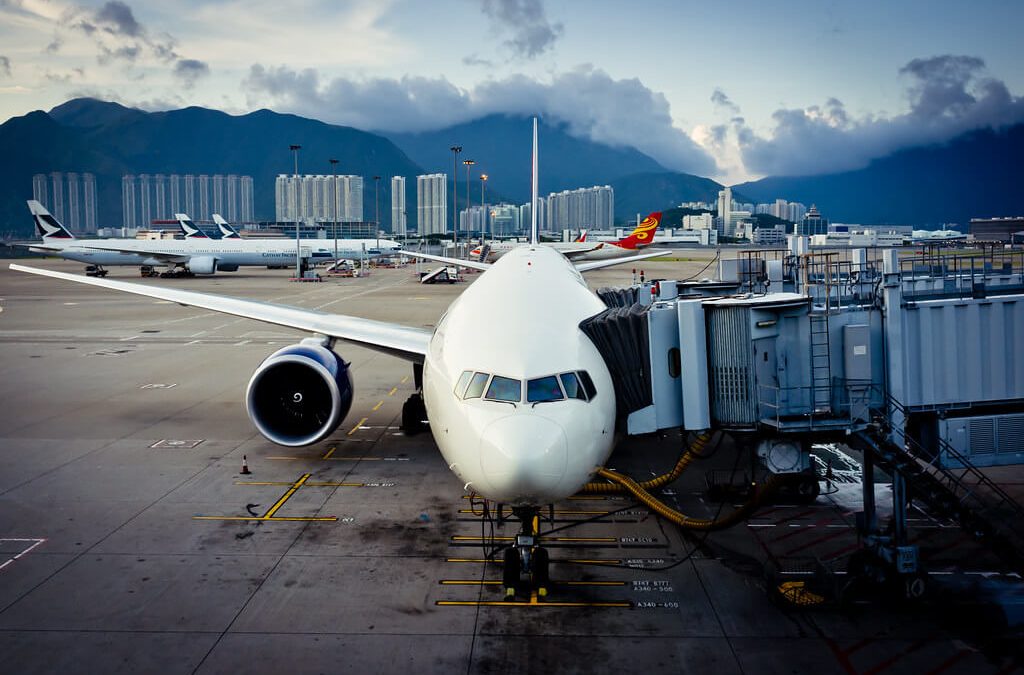
by Eric Price | May 21, 2020 | Airlines, COVID, Featured, Featured News, Front Page, Home, Home, MNPL, United
WASHINGTON, May 21, 2020 — The International Association of Machinists and Aerospace Workers (IAM) today reiterated its demand that Delta Air Lines and JetBlue Airways restore workers’ pay and benefits. Delta and JetBlue combined have accepted approximately $6.5...







